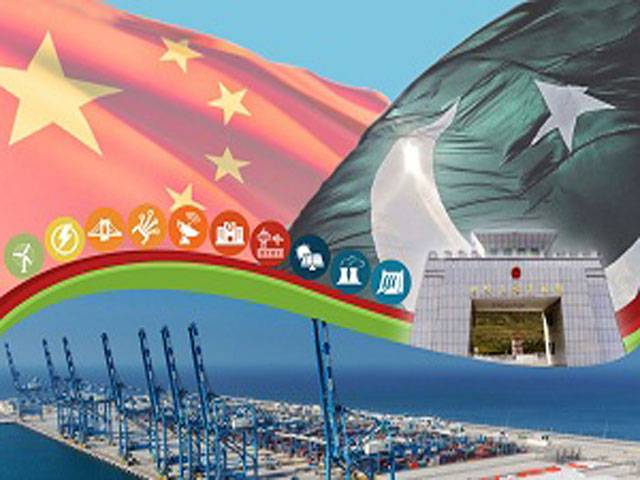ISLAMABAD - The establishment of Special Economic Zones (SEZs), under CPEC, is likely to face further delay as the federal government and provinces are still far away from the finalisation of the feasibility studies, it is learnt reliably here.
“Except Khyber Pakhtunkhwa, which has made some progress on the feasibility study on SEZs, the rest of the provinces are still in the preliminary stage, official sources told The Nation here Friday. The setting up of the SEZs is an important feature of CPEC which will help attracting foreign investment and will create jobs for the local people.
In a progress review meeting on the SEZs, the planning minister expressed serious concern over the delay in the feasibility study of SEZs and directed to complete the studies within scheduled time frame, the official said. The meeting was attended by senior officials from line ministries and provincial governments. On the occasion, the provincial authorities briefed the meeting about their respective SEZs.
“If you ask me, the percentage of feasibility work completed by the provinces, I will say that Punjab and Sindh are below 45 percent progress, while Baluchistan is around 30 percent and GB is 15 percent,” the official said. The federal government, which is supposed to establish two SEZs, is also not different from the provinces, the official said.
In 2016 it was decided that by June 2017 the provinces and federal government will complete the feasibility studies of their respective SEZs and it will be presented in the 7th JCC which is scheduled by the end of November or December. “I don’t think that we will be able to take any advantage from the 7th JCC as we are not prepared and have not completed the home work on the SEZs,” the official maintained.
Meanwhile, a press release issued here stated that the Planning, Development & Reform Ahsan Iqbal has maintained that it should be a matter of deep concerns for all stakeholders if the progress on development of economic zones under CPEC is not made within the scheduled timeframe, instructing for ensuring tangible outcomes of Pakistan-China industrial cooperation.
The interior minister, who also has the additional charge of planning, directed all stakeholders to fast track the development of SEZs, complete land acquisition process and feasibilities. He instructed the line ministries and provincial governments to ensure concrete measures for provision of electricity, gas and other facilities to these SEZs.
“We need to transform these SEZs into an attractive destination for foreign investment”, said Ahsan, instructing provinces to finalise their incentives plan for SEZs, in addition to the incentives already announced by the federal government. The zone authorities should create a competitive environment for making this cooperation, a truly successful one, the minister said, emphasizing further to develop these zones on the basis of feasibly studies and locally available resources.
He further said that a model and smart industrial park be developed in Islamabad with consultation of Islamabad and Rawalpindi Chamber of Commerce. The minister further instructed the provinces to opt for best and feasible financing model, ensuring maximum benefits from relocation of labour intensive industries from China to Asia and subsequent recreation of 85 million jobs.
Ahsan underlined need of vibrant Board of Investment (BOI) and asked the officials of BOI to prepare reform package in accordance with prevailing needs and circumstances. During the meeting, BOI officials briefed the participants regarding the visit of Chinese SEZs experts’ group, scheduled in the second week of October. The experts would conduct training workshops besides holding meeting with Pakistan’s experts on industrial development sector.
The minister instructed that all efforts be made to conduct meaningful workshops and meetings during the visit of Chinese Expert Group. He further issued instruction to undertake determined efforts regarding industrial cooperation for bringing out tangible outcomes prior to 7th JCC Meeting.






